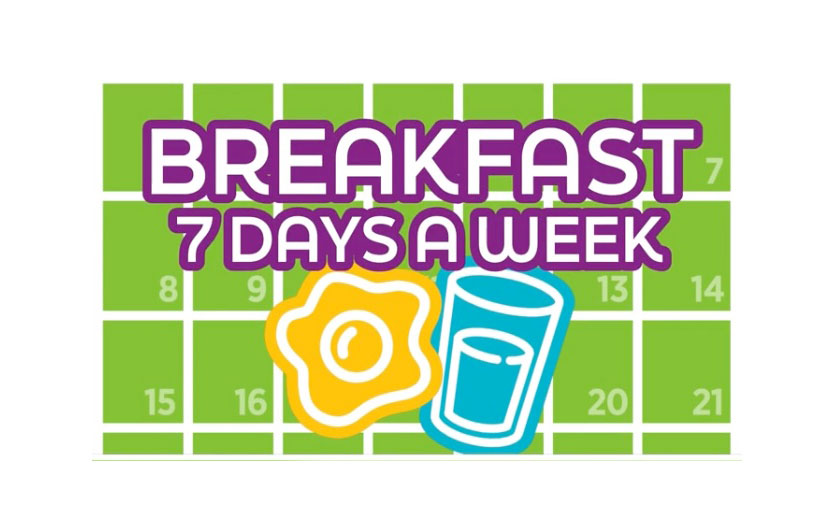
This post was written by Bailey Castator, PharmD candidate, and Monica Somerfelt, PharmD, BCACP, Parkview Health.
Treatment for complex medical conditions rarely adheres to a one-size-fits-all approach. For some patients, a commercially available medication may not be suitable. In this post, we will explain how compounding pharmacies address this gap and discuss the potential risks associated with using their services.
What are compounding pharmacies, and what services do they offer?
Pharmacists at compounding pharmacies make customized medications for individual patients based on their unique health needs. This can include adjustments for:
-
Allergies: Sometimes, a patient might be allergic to a substance in a drug's standard formulation. In those cases, the compounding pharmacy can make the same medicine without that ingredient.
-
Swallowing difficulties: Compounding pharmacists can convert the medicine into a liquid for people who can't swallow pills.
-
Unavailable doses: If a medicine isn't available in the necessary dose, such as during a medication shortage, they can make it.
-
Flavor: Compounding pharmacists can add flavors or mask unpleasant flavors to improve the taste of some medications without changing their effectiveness.
Medical conditions that may require patients to use compounding pharmacies include pain management, hormone therapy, adrenal dysfunction, dermatology and palliative care, especially when swallowing pills is difficult for the patient.
There are two types of compounding, and each has different rules:
-
Sterile compounding is used when medications must be completely free of germs. This procedure is required for shots, eye drops and IV medicines. Since these drugs go directly into the body, they have to be made in very clean places to prevent infections.
-
Non-sterile compounding is used to produce medicated creams and ointments, pills and liquid medicines. These don't need to be free from germs because they aren't going directly into the bloodstream. Although the requirements aren't as strict as those for sterile medicines, they are still made carefully to ensure quality and safety.
Both types are important to help patients when regular pharmacies can't give them exactly what they need.
Local compounding pharmacies
Basic compounding is offered at all Parkview Pharmacy locations except Electric Works. These locations include Parkview Regional Medical Center Outpatient Pharmacy, Parkview Randallia Outpatient Pharmacy, Pharmacare Auburn and Pharmacare Garrett. Flavoring is only offered at PRMC Outpatient Pharmacy and Pharmacare Auburn upon request.
In the Fort Wayne area, the following local pharmacies specialize in compounded medications:
-
Fort Wayne Custom Rx - 425 E Dupont Rd
-
Medicine Chest Pharmacy - 2803 E State Blvd
-
3 Rivers Pharmacy - 3537 N Anthony Blvd
Some large retail chains may offer compounding services, but the availability varies between different locations.
Compounding pharmacy services are also available online, but it is crucial to know how to determine whether a service is trustworthy. To help with this, the FDA has provided tips for buying medications online to ensure patients receive safe and effective medications. Examples of online compounding pharmacies include:
Important considerations
Compounded medications still require a prescription from a provider in order for compounding pharmacies to make them. Unlike mass-produced drugs, medications made within a compounding pharmacy are not FDA-approved because they do not undergo the same testing as medications distributed within a traditional pharmacy. Alternatively, they are regulated by the Boards of Pharmacy within each state, so they still follow strict standards to ensure the safety of these medications.
However, the absence of these regulatory processes means compounded medications may be contaminated during the manufacturing process or not contain the right dose.
For this reason, the FDA recommends using the services offered by compounding pharmacies only if the patient is not able to take a medication that has already been approved and is available within a traditional pharmacy.
Additional resources
Food and Drug Administration: Compounding and the FDA: Questions & Answers
National Council on Aging: What Are Compounded Medications?
American Pharmacists Association: Frequently Asked Questions About Pharmaceutical Compounding
U.S. Pharmacist – The Leading Journal in Pharmacy: Pros and cons of Pharmacy Compounding




